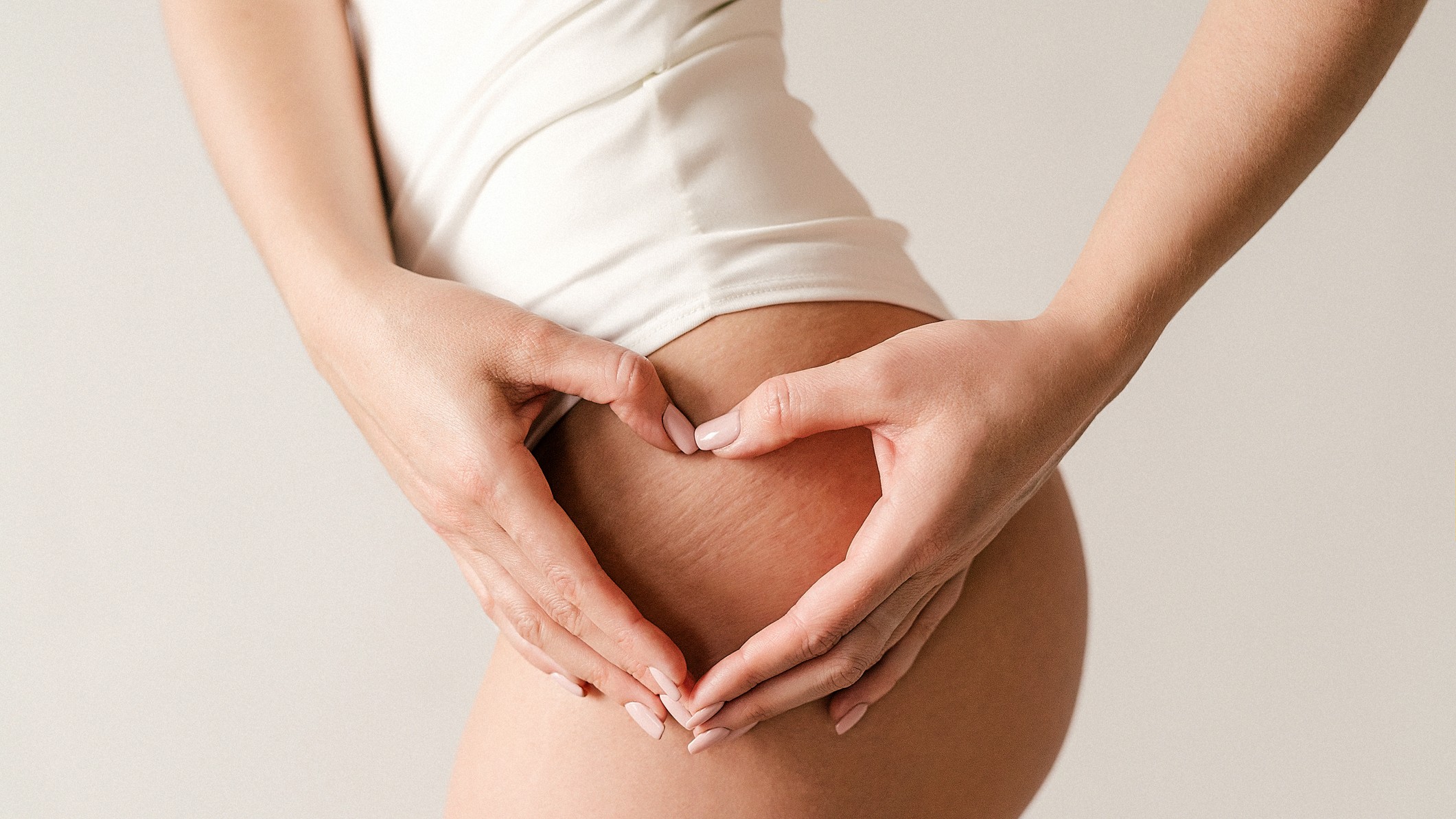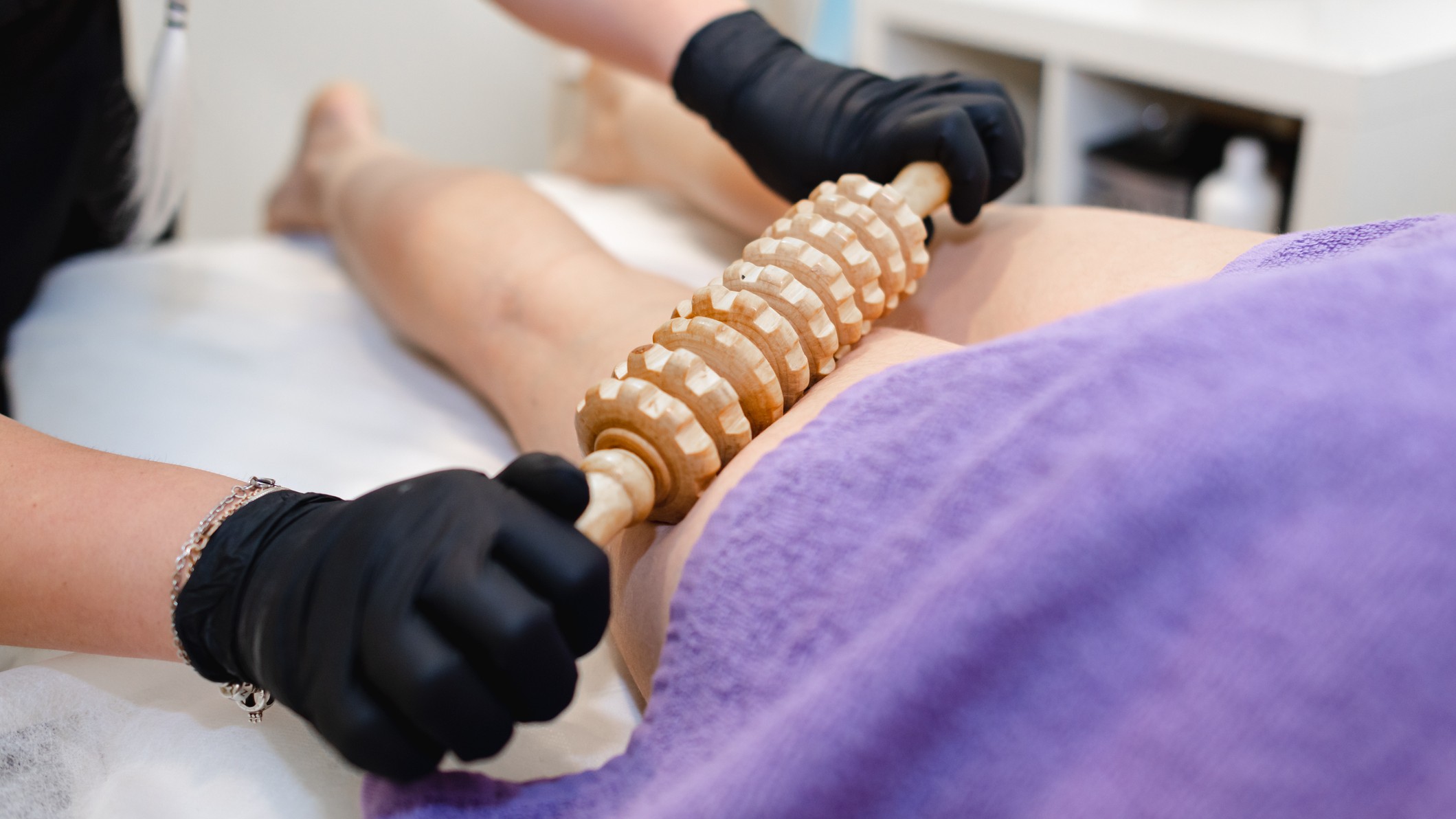Does massage help cellulite?
It affects nearly all women to some degree, but does massage help cellulite?

Get the world’s most fascinating discoveries delivered straight to your inbox.
You are now subscribed
Your newsletter sign-up was successful
Want to add more newsletters?

Delivered Daily
Daily Newsletter
Sign up for the latest discoveries, groundbreaking research and fascinating breakthroughs that impact you and the wider world direct to your inbox.

Once a week
Life's Little Mysteries
Feed your curiosity with an exclusive mystery every week, solved with science and delivered direct to your inbox before it's seen anywhere else.

Once a week
How It Works
Sign up to our free science & technology newsletter for your weekly fix of fascinating articles, quick quizzes, amazing images, and more

Delivered daily
Space.com Newsletter
Breaking space news, the latest updates on rocket launches, skywatching events and more!

Once a month
Watch This Space
Sign up to our monthly entertainment newsletter to keep up with all our coverage of the latest sci-fi and space movies, tv shows, games and books.

Once a week
Night Sky This Week
Discover this week's must-see night sky events, moon phases, and stunning astrophotos. Sign up for our skywatching newsletter and explore the universe with us!
Join the club
Get full access to premium articles, exclusive features and a growing list of member rewards.
Does massage help cellulite? if you have cellulite, you might find yourself asking this question along with 80-90% of women. You’ll often see products and treatments claiming to make cellulite less noticeable, but does massage help cellulite too?
Massage is a fantastic way to soothe tight muscles, both for relaxation purposes and to aid recovery after exercise. Even better, the best massage guns allow you to enjoy similar benefits from the comfort of your own home.
But does massage help cellulite? While there’s no lasting cure, there is some evidence that massage may smooth skin and temporarily improve its appearance.
To break through the myths and advertising claims, we asked the experts about the science behind cellulite. Read on to find out what causes it and how you may be able to minimize its appearance.
What is cellulite?
Many of us are all too familiar with the orange peel-like, dimpled texture of cellulite. According to Dr. Brian Hibler, a dermatologist at Schweiger Dermatology Group, cellulite is a localized disorder of the skin and subcutaneous tissue that results in dimpling on the thighs and buttocks.
“It affects an estimated 80-90% of women,” he says. “In healthy men, cellulite is rare.”
Yet what exactly is cellulite? Essentially, the skin is connected to the underlying tissue by bands called fibrous septae. When these bands stretch, fat cells bulge up and create a puckered effect.
Get the world’s most fascinating discoveries delivered straight to your inbox.
“Tissue samples show there are differences between men and women in the number, thickness, and orientation of fibrous septae, with women having more perpendicular septae between the overlying skin and subcutaneous tissue,” adds Hibler. “This likely contributes to the characteristic dimpling appearance.”
Women also have larger 'compartments' of fat which can protrude into the overlying skin while the septae remain tethered down, giving a rippled appearance. Differences between men and women in terms of genetics, hormones and small blood vessels could also play a part.
What causes cellulite?
Cellulite is incredibly common, and, unfortunately, you can’t entirely prevent it. Hibler says that the exact cause of cellulite is unknown, but there is evidence to suggest that genes play a role, with some people more predisposed to it. Cellulite also becomes more visible with age.
People of all shapes and sizes have cellulite. The idea that it only affects overweight or inactive people is a myth – it shows up even in the most athletic people. Yet a 2006 paper in the International Journal of Cosmetic Science suggests having a sedentary lifestyle or being overweight can exacerbate symptoms. Regular exercise has a whole host of benefits for your health and wellbeing – reducing the appearance of cellulite may be the boost you need to get moving.

Does massage help cellulite?
Cellulite is infamous for being stubborn, and while there is no cure, there are ways to reduce its visibility. We know that exercise can minimize its appearance, but does massage help cellulite?
There is some evidence to suggest that massage may help to reduce the appearance of cellulite, though this is limited. A 2010 study found that massage reduced fat on the thighs, though the results didn’t last. Experts aren’t exactly sure why massage is beneficial, but one theory is that it increases local blood flow and stimulates the lymphatic system. This means waste materials are transported away more efficiently, improving the appearance of skin.
Not all types of massage are created equal when it comes to cellulite. Lymphatic drainage massage and dry cupping are good choices for smoothing cellulite. You’ll see the best results from regular treatments, which sounds like a good excuse to make massage part of your self-care routine.
- Related: Does massage help arthritis?
Yet there’s a catch. The results are only temporary – there is no wonder cure for cellulite. According to The American Academy of Dermatology Association, you can make a bigger impact through exercising regularly. There’s also promising evidence for treatments like laser therapy, acoustic wave therapy, and subcision (inserting needles beneath the skin).
It’s worth trying exercise first as it offers fantastic benefits for your overall health and wellbeing. The American Council on Exercise recommends daily cardiovascular exercise combined with strength training and a healthy diet. Be sure to drink plenty of water too as dehydration makes cellulite more noticeable.
Do massage tools help cellulite?
So what about the latest massage tools like foam rollers and massage guns? While these tools are brilliant at aiding post-workout recovery, there’s sadly little evidence that they can reduce the appearance of cellulite. Hibler explains that as with any massage, they can stimulate circulation but they do not affect the fibrous bands beneath the skin so the results are only short-lived. The American Council on Exercise debunks the myth that foam rollers can eliminate cellulite and recommends exercise as a better way to improve its appearance.
Louise Bond is a UK-based writer specializing in health and wellbeing. She has over eight years of experience in management within health and care and brings this passion and expertise to her writing. Louise has been published in The Guardian, Planet Mindful and Psychreg among others. She is at her happiest when she is out in nature, whether that’s on an invigorating hike or pottering in the garden.
 Live Science Plus
Live Science Plus











